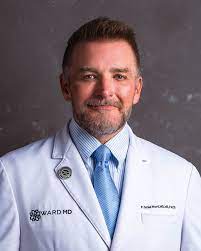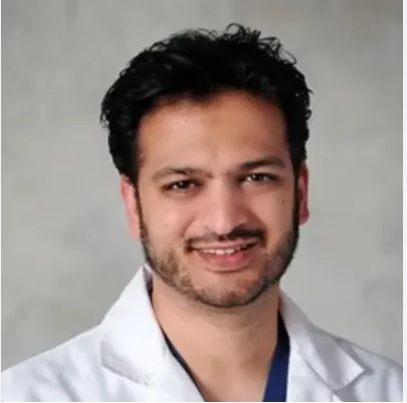Head and neck surgery involves assessing and treating conditions that affect the head, face, neck, and associated structures. For those facing the possibility of head and neck surgery, understanding its potential aspects and implications is needed. Dr. P. Daniel Ward aims to guide readers through some elements related to head and neck surgery.
Scope of Head and Neck Surgery
Dr. P. Daniel Ward Head and neck surgery predominantly focuses on treating conditions such as benign and malignant tumors, facial trauma, deformities, cosmetic enhancements, and disorders related to the ear, nose, and throat. The multifaceted nature of this specialty addresses diverse medical conditions, making it a crucial facet of modern healthcare.
Surgeon’s Role and Qualifications
Given the complexity of the head and neck region, the role of the surgeon often extends beyond the realms of general surgical qualifications. Surgeons embarked in this field, known as otolaryngologists, are specialized in areas like otology, laryngology, rhinology, and even plastic and reconstructive surgery. Their expansive knowledge ensures comprehensive care for patients undergoing head and neck surgical procedures.
Pre-Operative Considerations
A thorough pre-operative assessment forms an integral part of the surgical journey. Evaluations may involve comprehensive medical history checks, physical examinations, and specific relevant diagnostic tests. These assessments are vital as they provide a sound basis for surgical decisions, ensuring suitability and mitigating potential risks.
Surgical Procedures and Recovery
The complexity of the procedures in head and neck surgery can significantly vary. While some surgeries may be outpatient procedures requiring minimal recovery time, others may be intricate, requiring hospitalization and extensive post-operative care. Patients must be aware of their specific operative plan and recovery expectations.
Post-Operative Care
Dr. P. Daniel Ward Post-operative care forms the backbone of the recovery process. This includes wound care, managing potential complications and discomfort, medication administration, and observing recommended dietary restrictions. Following the medical professional’s guidelines significantly aids in a smooth recovery and successful surgical outcome.



